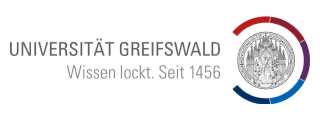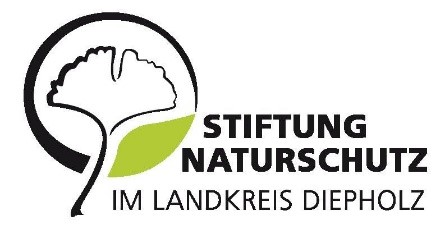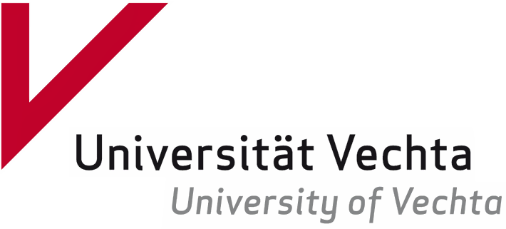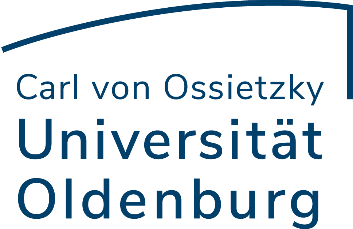MOOSland - Sphagnum paludiculture as a sustainable agricultural utilisation of raised bogs
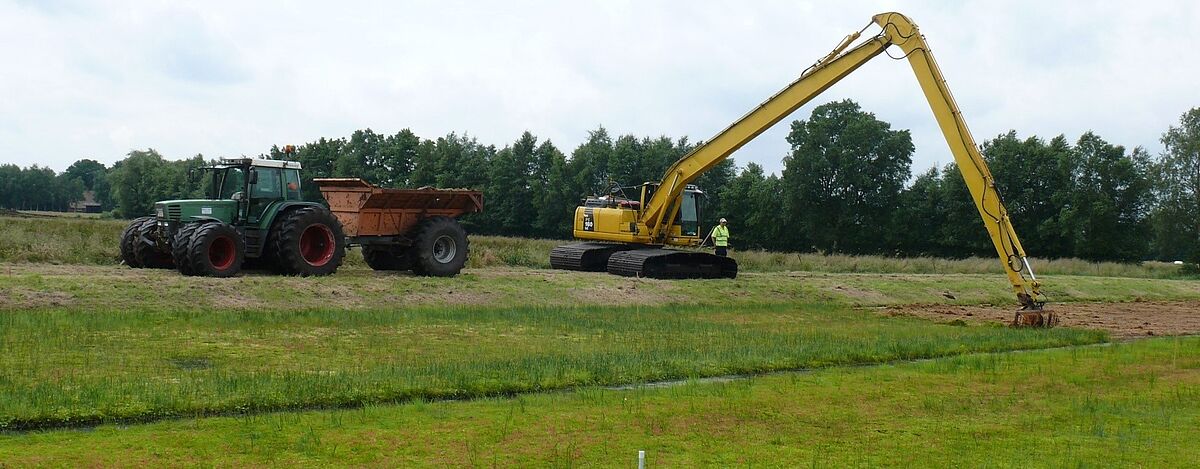
Background:
Germany’s raised bogs are concentrated in the federal state of Lower Saxony, which holds a share of 84% of the total bog area. The raised bogs are mostly drained and 70% are used for agriculture (grassland, arable land) and to a lesser extent (6%) for peat extraction for horticulture. Sphagnum paludiculture combines the rewetting of raised bogs with continued agricultural use and the production of a high-quality, renewable raw material for substrates in professional horticulture.
Project goals:
MOOSland is a model and demonstration project of the University of Greifswald and seven partners in Lower Saxony. Over a period of ten years, two established pilot sites (a) Hankhauser Moor/Landkreis Ammerland, b) Barver Moor/Landkreis Diepholz) will be used to investigate how the cultivation and use of Sphagnum biomass can be implemented on a large scale.
The economics work package is based at the Working Group of Landscape Economics. Building on the results of many years of accompanying economic research in previous projects, it focuses on the following tasks:
- Recording and verification of costs and time requirements for the establishment, management and harvesting of Sphagnum paludiculture sites in both model regions
- Economic assessment of the profitability of Sphagnum paludiculture, taking into account market revenues, non-market revenues and the remuneration for ecosystem services
- Analysing the marketing potential of Sphagnum biomass and the willingness to pay of users and end consumers, including an economic risk assessment for the use of Sphagnum based growing media in horticulture
- Interdisciplinary analysis and (socio-)economic evaluation of the ecosystem services of Sphagnum paludiculture in comparison to other land uses on peat soils, assessment of the potential for surcharge marketing
Further information:
Project website MOOSland on moorwissen.de
Faktenpapier zum Torfmoos-Anbau in Niedersachsen (02/2021): „Torfmoos-Anbau ist großflächig erprobt und hat viele Vorteile – jetzt in die Fläche bringen!“
Wichmann, S., Prager, A., Gaudig, G. (2017): Establishing Sphagnum cultures on bog grassland, cut-over bogs, and floating mats: procedures, costs and area potential in Germany. Mires and Peat Volume 20, Article 03/2017: 1-19.
Wichmann, S., Krebs, M., Kumar, S., Gaudig, G. (2020): Paludiculture on former bog grassland: Profitability of Sphagnum farming in North West Germany. Mires and Peat 26, Article 08/2020: 1-18.
Title:
MOOSland – Sphagnum paludiculture as a sustainable agricultural utilisation of raised bogs
Funding:
Federal Ministry of Food and Agriculture (BMEL); Agency for Renewable Resources (FNR); Funding code: 2222MT010A
Duration:
01.10.2023 – 31.12.2032
Project lead:
Lead of the subproject:
Management of the subproject:
Network partners:
- University of Greifswald, Institute of Botany and Landscape Ecology:
- University of Greifswald, Institute of Pharmacy:
- Stiftung Naturschutz im Landkreis Diepholz
- University of Osnabrück, Institute of Environmental Systems Research
- University of Vechta, Vechta Institute for Sustainability Transformation in Rural Areas
- Torfwerk Moorkultur Ramsloh Werner Koch GmbH & Co. KG
- Carl von Ossietzky Universität Oldenburg, Institute of Biology and Environmental Sciences, WG Plant Biodiversity and Evolution
- Landkreis Diepholz
- Landkreis Ammerland
Funded by:
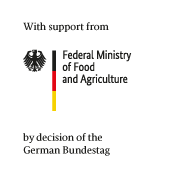
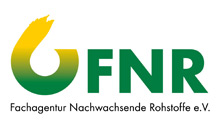
Collaborating partners:
